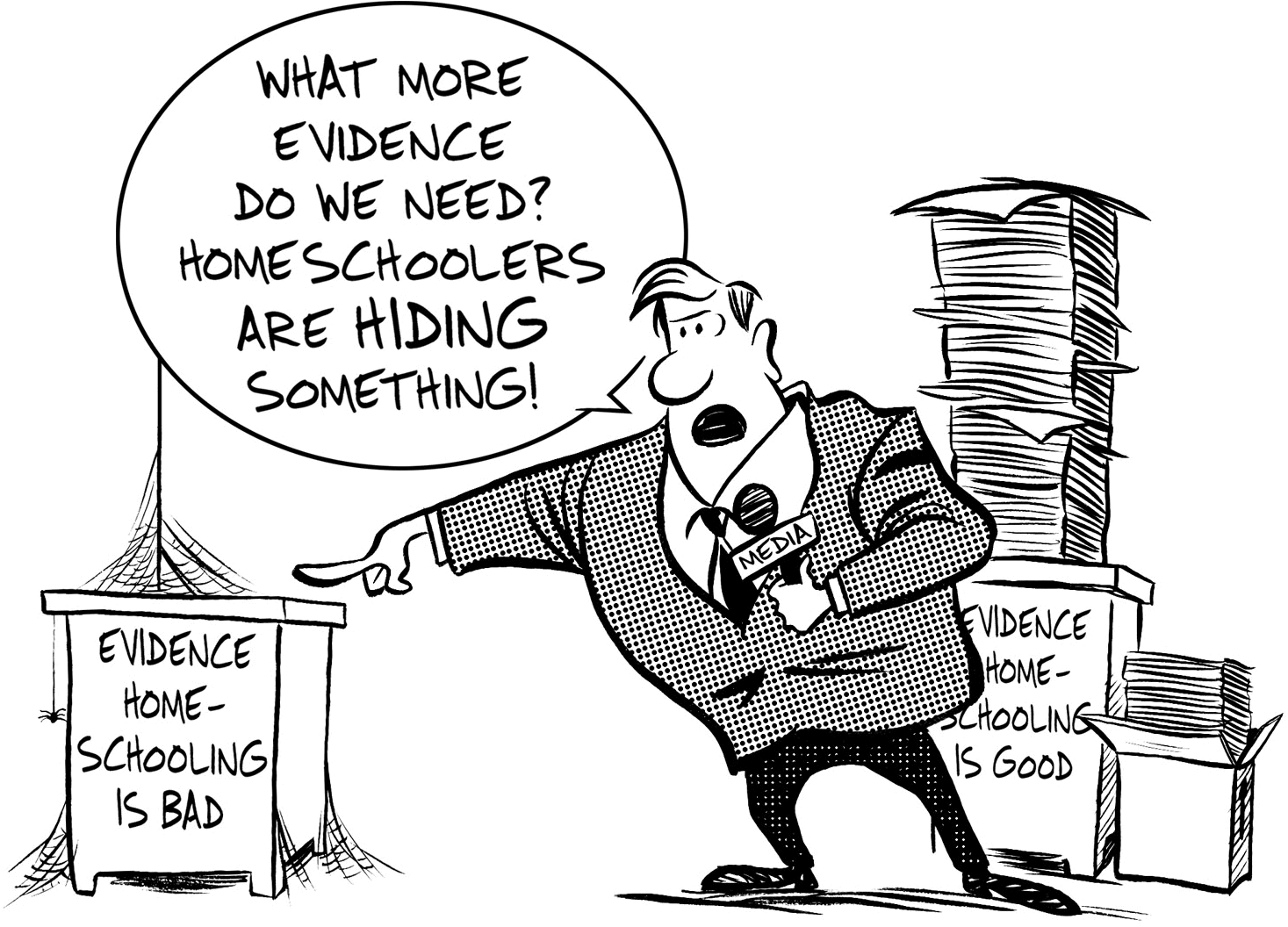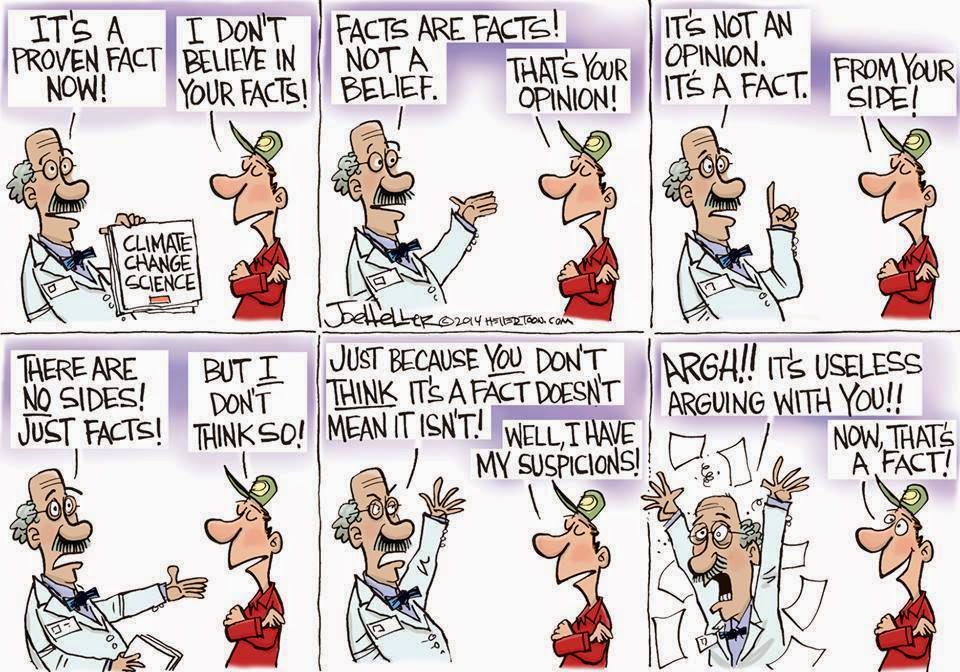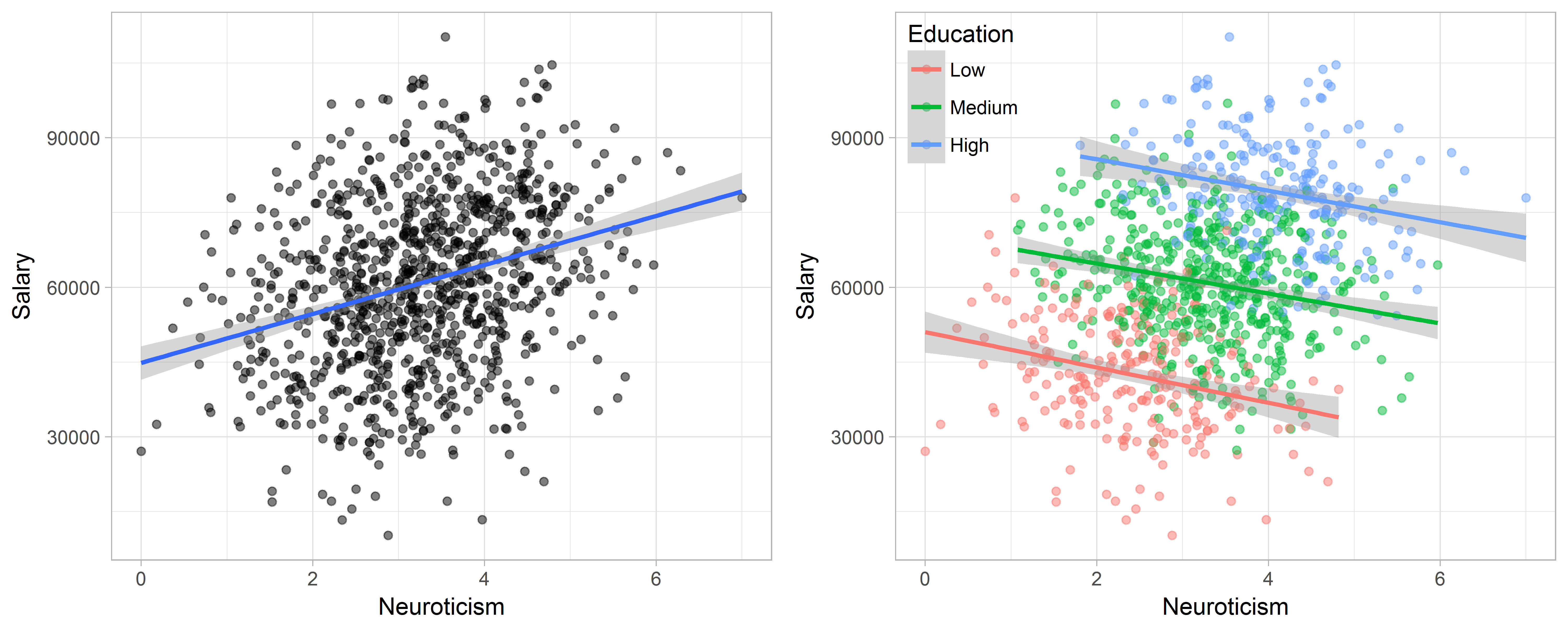Fallacies and How to Spot Them
In this day and age, fallacies are commonplace. How do you know not to make fallacies when making an argument? You learn to be aware of them, and avoid making them (if you have good faith). What are some common fallacies that people tend to make?
TL; DR
- An overview of common fallacies, with examples and recommendation on how to avoid making them
Motivation
Recently, I had an impulse to learn about Logic, mostly because I have never had a class in it specifically (although I took a class about the philosophy of science back in undergraduate), also because I wanted to understand some logical symbols in Mathematics, but mostly, because I wanted to learn something new. I started with a series of formal symbolic logic videos on YouTube made by a professor who is quite passionate about teaching Philosophy. What do you know? 8 hours later, I am down a rabbit hole of philosophy videos about how to make valid arguments and how to avoid fallacies. It is fair to say that I learned so much more than just symbols, such as: what is considered a valid argument (formally), the logic behind hypothesis testing, various rules of implications, etc. I would go so far as to say that if students were taught about Logic in high school, people would be less susceptible to common tactics to, say, persuade them into buying a product, misinform them, mislead them, etc.
Anyway, one of the videos I watched was about 22 common (informal) fallacies. I want to systematically summarize them, give examples, and extract their common form. Note: quite frankly, I am not an expert on this matter, so take this post as a grain of salt. There are nuances and caveats to all of these fallacies. It is more of an exercise in organizing what I learned and what I find fascinating, in a simplified form.
Methodology
An argument has the form: “premise(s); therefore, conclusion.” A fallacy is an invalid or faulty argument. A fallacy doesn’t mean that the conclusion is wrong, but only that the conclusion cannot be supported by the premises. For each fallacy,
- Category - out of 5 categories
- Irrelevant premise: inference is bad because premises don’t support the conclusion
- Weak or insufficient premise: premises don’t strongly support the conclusion, or support it in a trivial way
- Ambiguous or unclear language: the word or phrase has different meaning in the premises and conclusion
- False premise: factual error in the premises
- Invalid reasoning: applicable to formal fallacies
- Form
- Why is it bad?
- When is it not a fallacy?
- How to avoid?
Fallacies
Appeal to Nature Fallacy

- Category: Irrelevant premise
- Form: Nature is good. A is nature. Therefore, A is good.
- Why is is bad? It is inconsistent to argue natural simply implies goodness and unnatural implies badness.
- When is it not a fallacy? When “nature” is defined within a certain context.
- How to avoid? List things that are natural and good (e.g., water), natural and bad (e.g., wildfire), unnatural and good (e.g., a plane), unnatural and bad (e.g., reality TV).
Black and White Thinking, or False Dichotomy

- Category: False premise
- Form: Person X is either A or B. X is not A. Therefore, X is B.
- Why is is bad? The premise limits all alternatives into 2 options.
- When is it not a fallacy? When there are truly 2 options (e.g., existence), but that premise isn’t true most of the time.
- How to avoid? Imagine positions outside of the polarities, don’t rely on emotions only, which tends to see in only black and white.
Ad Hominem

- Category: Irrelevant premise
- Form: Person X have property A. A is bad. Therefore, X is wrong.
- Why is it bad? The property has nothing to do with the logic and content of their argument. An insult is not fallacious by itself, unless it is used to justify the conclusion, despite its effectiveness in swaying opinion.
- When is it not a fallacy? When the person’s trustworthiness, competence, or sincerity is directly affected by the property (e.g., a pathological liar as a trial witness).
- How to avoid?
Genetic Fallacy
- Category:
- Form:
- Examples
- Recommendation:
Slippery Slope

- Category:
- Form: “”
- Examples
- Recommendation:
Argument from Ignorance

Translation:
- Category:
- Form: “”
- Examples
- Recommendation:
Cherry Picking

- Category:
- Form: “”
- Examples
- Recommendation:
Ad Populum
![][ad_populum]
- Category:
- Form: “”
- Examples
- “Only idiots would believes that “
- ””
- Recommendation:
Post Hoc ergo Propter Hoc
![][post_hoc_ergo_propter_hoc]
- Category:
- Form: “”
- Examples
- Recommendation:
Straw Man
![][straw_man]
- Category:
- Form: “”
- Examples
- Recommendation:
Relativist Fallacy

- Category:
- Form: “”
- Examples
- Recommendation:
Absolutism
![][absolutism]
- Category:
- Form: “”
- Examples
- Recommendation:
Begging the Question
![][begging_the_question]
- Category:
- Form: “”
- Examples
- Recommendation:
Equivocation
![][equivocation]
- Category:
- Form: “”
- Examples
- Recommendation:
Hasty Generalization

- Category: Insufficient premise
- Form: A has property X. B has property X. Therefore, C, D, E have property X.
- Why is it bad? Inductive reasoning is used with an insufficient sample size.
- When is it not a fallacy?
- How to avoid? Actively look for cases where the premise is not true.
Composition & Division

- Category:
- Common form: Population X has member A. A has property
- Examples
- Recommendation:
Lottery Fallacy
![][lottery_fallacy]
- Category:
- Common form: “”
- Examples
- Recommendation:
Appeal to Inappropriate Authority

- Category:
- Common form: “”
- Examples
- Recommendation:
Red Herring
![][red_herring]
- Category:
- Common form: “”
- Examples
- Recommendation:
Playing God
![][playing_god]
- Category:
- Common form: “”
- Examples
- Recommendation:
Affirming the Consequent

I picked this example because it was shared in a story on Instagram. Translation: “If you’re a tyrant, then you coerce others for the greater good (premise, stated by the quote). If you coerce others for the greater good, then you’re a tyrant (implication, because the quote is, I believe, aimed at people on Twitter rather than simply making a statement about tyranny itself).” The conclusion is not necessarily false, but the reasoning is faulty. Even if the premise is true, the conclusion doesn’t follow that logic.
- Category: Invalid reasoning
- Form: “If A, then B. B is true. Therefore, A is true.”
- Why is it bad? There are cases that are in B but not in A.
- When is it not a fallacy? When A and B are
- How to avoid?
Denying the Antecedent
![][denying_the_antecedent]
- Category: invalid reasoning
- Common form: “If A, then B. A is not true. Therefore, B is not true.”
- Examples
- ””
- ””
- Recommendation:
Affirming a Disjunct
![][affirming_a_disjunct]
- Category: Invalid reasoning, ambiguous or unclear language
- Form: “Either A or B is true. A is true. Therefore, B is not true.”
- Why is it bad? Both premises can both be true. The word or is implied to be exclusive in natural language, but is inclusive in formal logic by definition, which is made more clear when A and B are not polarities (e.g., “A puppy is either is smart or cute. He is smart. Therefore, he is not cute.”)
- When is it not a fallacy?
- How to avoid?